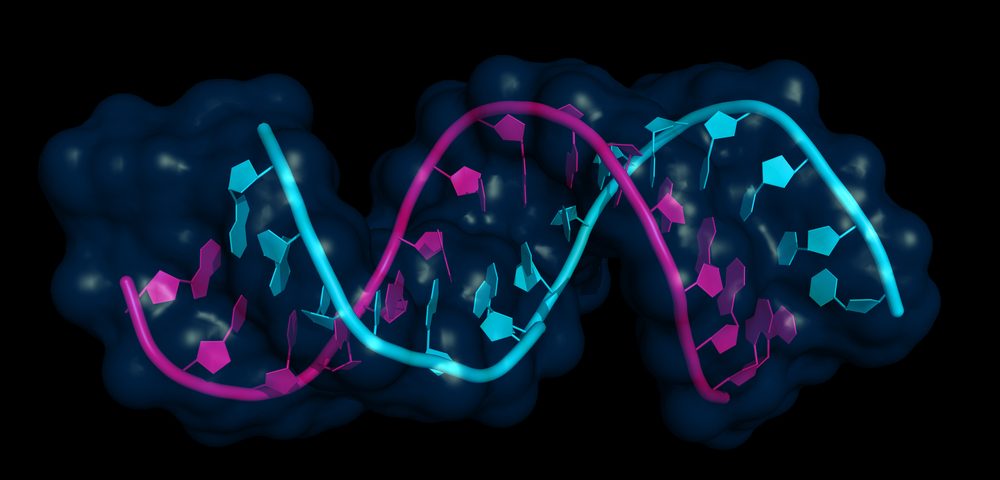Epizyme announced that researches have initiated treatment of a first patient in the Phase 2 clinical trial of its first-in-class EZH2 inhibitor, tazemetostat, in adults with malignant mesothelioma.
EZH2 is an enzyme that induces a type of epigenetic alteration to a DNA sequence called DNA methylation, resulting in the repression of gene expression. Epigenetic therapy relies on the use of drugs or other epigenome-influencing techniques to treat diseases. The drugs target alterations in gene expression that do not involve changes to the underlying DNA sequence, but rather genome epi- (meaning above) modifications.
The EZH2 inhibitor, tazemetostat, inhibits the activity of the EZH2 enzyme, whose aberrant activity was previously linked to uncontrolled cell proliferation in several cancers.
“Mesothelioma remains a cancer that is very difficult to treat and has an extremely poor prognosis,” Marjorie Zauderer, MD, medical oncologist at Memorial Sloan Kettering Cancer Center, said in a press release. “The overwhelming majority of patients are refractory to or relapse following first-line treatment with chemotherapy, leaving them with no approved treatment options. The preclinical data demonstrating that EZH2 inhibition may play a role in the treatment of mesothelioma is promising, and I look forward to exploring the potential for tazemetostat as a targeted agent for patients with this devastating disease.”
Epizyme’s Phase 2 clinical trial (NCT02860286) is an international, two-part, and open-label study, and is currently recruiting people with relapsed or refractory malignant mesothelioma, both with and without BAP1 deficiency. Researchers will investigate the effects of tazemetostat as a monotherapy in a total of 67 patients at multiple sites in the United States, United Kingdom, and France. More information is available on the study’s clinical trials.gov website.
Preliminary data has already shown that blocking epigenetic modification mediated by EZH2 is a beneficial approach in mesothelioma treatment. In particular, a specific type of mesothelioma characterized by the loss of function of the gene BAP1 was proven sensitive to EZH2 inhibition. This is particularly important, since 40% to 60% of the approximately 12,000 new mesothelioma cases diagnosed each year are characterized by BAP1 loss of function.
The first-in-class EZH2 inhibitor tazemetostat is currently being tested in other clinical trials for non-Hodgkin lymphoma, certain solid tumors (including INI1-negative and SMARCA4-negative tumors), and synovial sarcoma (NCT02601950).


